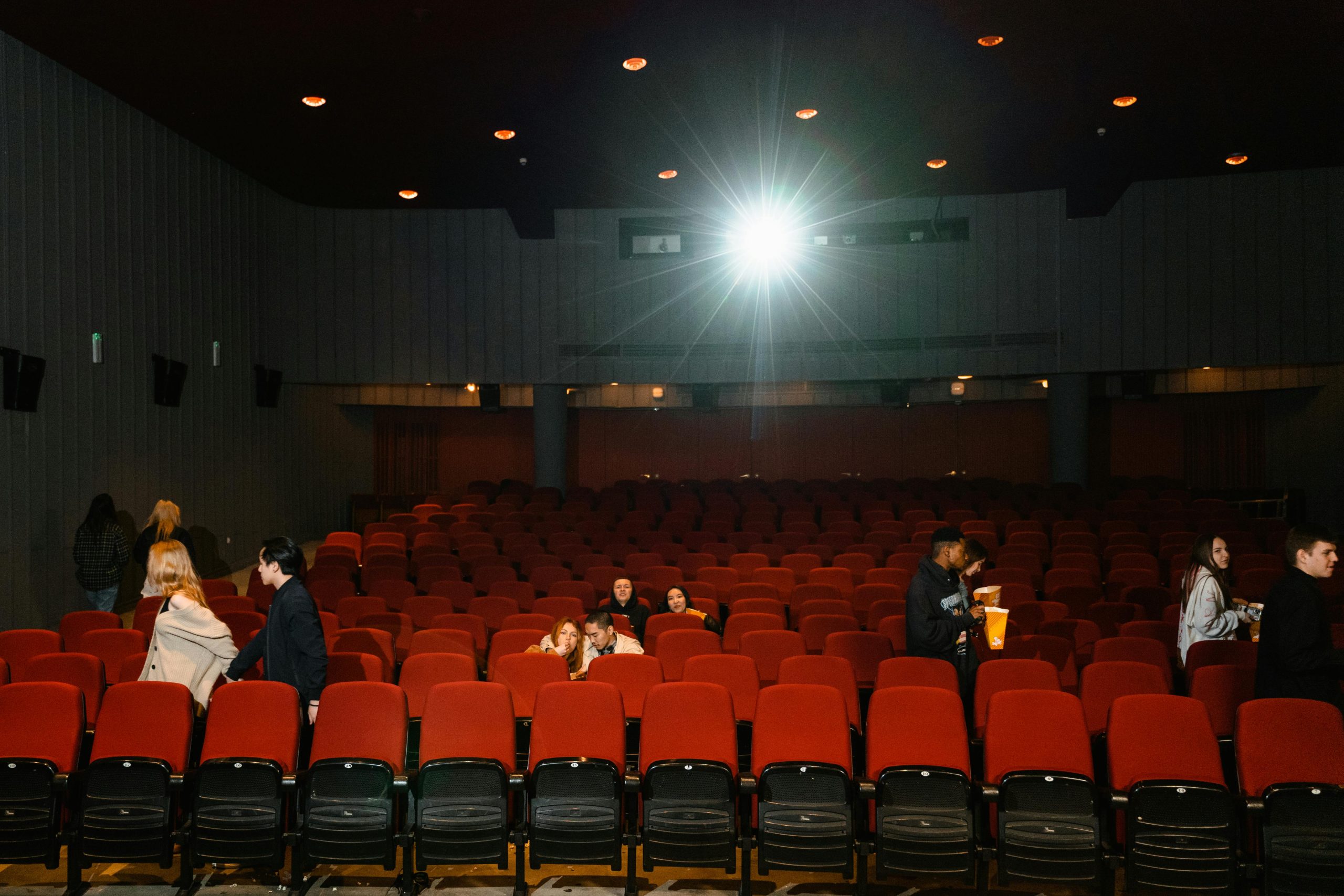Why are people are saying VEO 3 is the end of the film industry?
Is VEO 3 the Downfall of the Film Industry? A Closer Look
Recently, I stumbled upon a compelling discussion sparked by a popular YouTube coder who claimed that VEO 3 marks the end of the film industry, a colossal sector valued at approximately $1.7 trillion. As someone who works within this space, I felt it was important to critically assess these bold assertions.
For $250 a month, users can generate around 83 video clips through VEO 3—this number is derived from dividing total tokens by the number of tokens required per video. While many of the generated scenes exhibit a certain level of quality, there are notable issues, which I refer to as the “jank.” It’s hard to ignore the rough edges present in the final output.
To put it bluntly, would anyone genuinely feel comfortable embarking on a production journey equipped with such a high degree of inconsistency? The peculiarities in the output include subjects blinking in varying directions, leading to a lack of coherence. Furthermore, the disparity in quality between image-to-video and text-to-video options is glaring; the latter tends to deliver better results, albeit with significantly less control over the creative process.
Adding to the frustration, prompts sometimes face rejection if the system suspects potential infringement on intellectual property—a judgment that can be quite capricious. Then there are the subtitles, which often leave much to be desired. And let’s not overlook the most critical aspect of filmmaking: action. Any attempt at choreographing a dynamic scene often falls short, resembling something akin to marionettes rather than professional actors.
As a staunch advocate for the integration of AI in creative processes, I genuinely appreciate its potential as a valuable tool. However, with the current state of VEO 3, it’s tough to accept the notion that this platform could be deemed the defining end of the film industry. The limitations it presents appear to restrict its applicability within the demands of a real-world production workflow.
In conclusion, while enthusiasm around artificial intelligence in film is warranted, it’s essential to approach claims about its industry-altering impact with a critical mindset. For now, VEO 3 might be an intriguing technological advancement, but it still has a long way to go before it could genuinely threaten the foundations of filmmaking as we know it.














Post Comment